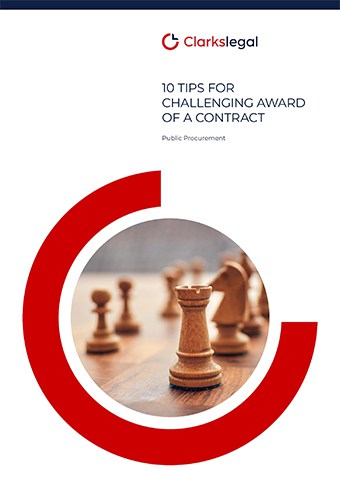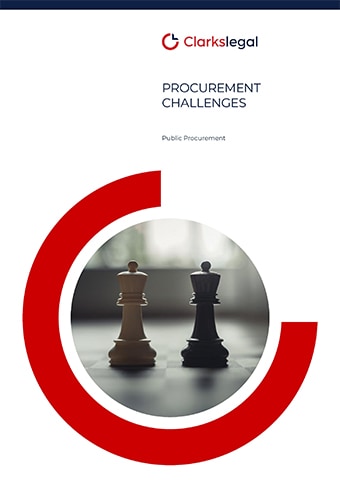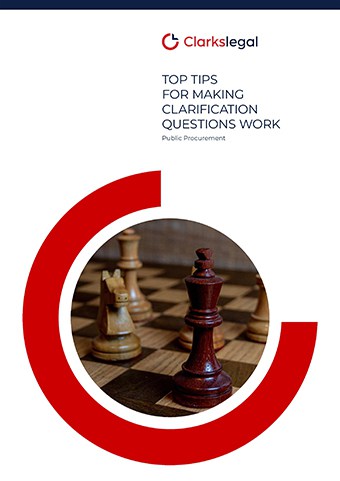Public procurement lawyers in London & Thames Valley
Bidding for public sector work include commercial and regulatory processes and failure to follow the rules can have serious consequences. Our procurement lawyers help navigate often complex and challenging procurements to maximise chances of success.
Our team has considerable expertise advising at all stages of public procurement, providing public authorities with guidance on the commercial and regulatory issues they may encounter in running regulated tenders, as well as advising private companies on what they need to know about winning regulated tenders.
We are experienced in acting for both bidders and authorities in challenges to tender awards and can often help resolve disputes without the need for proceedings to be issued.
“Standout practice group, which is regularly involved in high-profile cases. Offers broad commercial litigation capabilities, alongside expertise in procurement challenges.”


